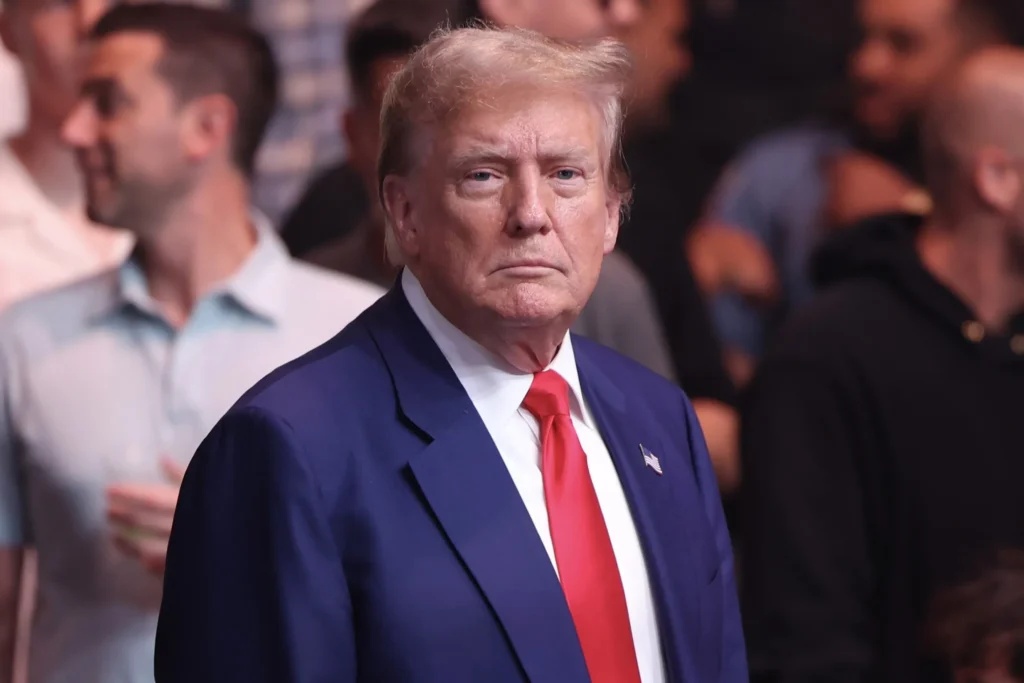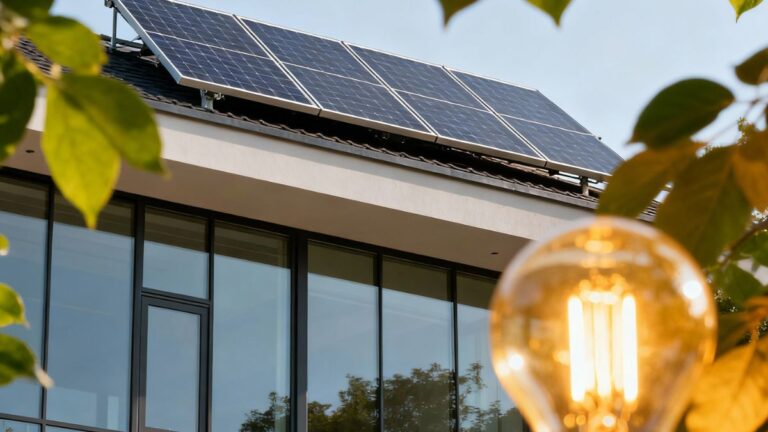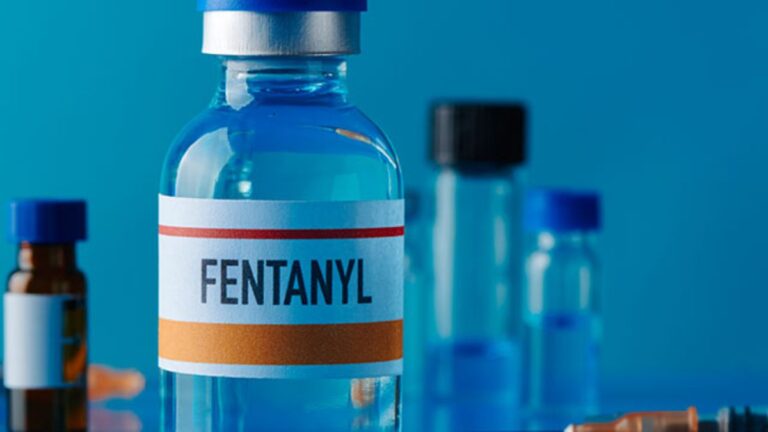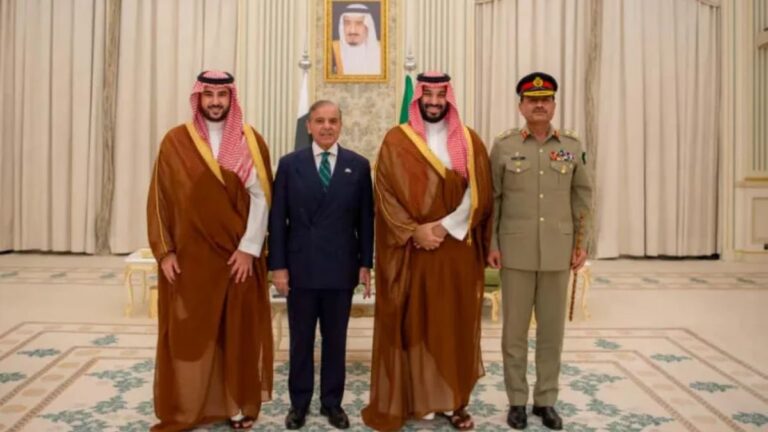
The “hush money case” involves allegations that former President Donald Trump directed payments to adult film actress Stormy Daniels during the 2016 presidential campaign to keep her silent about an alleged affair. Here’s a simplified explanation of the key points:
1. What is hush money?
Hush money refers to payments made to an individual or group to ensure their silence about potentially damaging, embarrassing, or sensitive information. These payments are often used in cases where public disclosure of the information could harm someone’s reputation, career, or standing, particularly in legal, political, or business contexts.
Donald Trump’s Case
The case centers on payments made during the 2016 election campaign to adult film actress Stormy Daniels and Playboy model Karen McDougal, intended to silence allegations of extramarital affairs. Trump’s former lawyer, Michael Cohen, facilitated these payments and testified that they were made at Trump’s direction. In May 2024, Trump was convicted on 34 felony counts related to falsifying business records to conceal these payments.
2. Why is this a legal issue?
- Paying hush money is not illegal by itself, but falsifying business records to hide the purpose of the payment is considered a crime.
- Prosecutors argued that these falsified records were part of a scheme to violate state election laws by concealing damaging information from voters.
3. Trump’s conviction and sentencing:
- In May 2024, Trump was convicted of 34 felony counts for falsifying business records related to the payment.
- In the recent sentencing (Jan 10, 2025) of President-elect Donald Trump concerning the hush money case, Judge Juan Merchan issued an “unconditional discharge,” meaning Trump will face no jail time, fines, or probation. This decision allows him to assume the presidency without any immediate legal penalties, though he will have a felony conviction on his record.
- During the sentencing, conducted via video link, Trump maintained his innocence, labeling the proceedings a “political witch hunt.” Judge Merchan cited the unique circumstances and Trump’s status as president-elect as reasons for not imposing punitive measures.
- While the unconditional discharge spares Trump from immediate penalties, the felony conviction carries implications, including potential restrictions on certain rights and reputational impacts.
4. Trump’s response:
- Trump denies the allegations and calls the case a “political attack.”
- Trump’s legal team has indicated plans to appeal the conviction, which could lead to further legal proceedings.
6. Outcome:
This unprecedented situation marks the first time a U.S. president-elect will assume office with a felony conviction, raising questions about the intersection of legal accountability and political leadership. Despite the conviction, Trump remains poised to begin his second term as President of the United States.
In summary, this case revolves around allegations that Trump improperly handled payments to silence a potential scandal during his campaign, leading to charges of falsifying business records—a serious offense under New York law. Despite the conviction, Trump will still assume the presidency.
Also Read: The Devastating Wildfires in Los Angeles, California: Causes and Impacts
Disclaimer: This article is based on news reports and information available at the time of writing. The facts may evolve as further investigations unfold.
Follow Fusion IAS


